Articles About the Economy

Bill Graves and Jeff Michael served as co-principal investigators for the Carolinas Urban-Rural Connection project. Dr. Graves is Associate Professor and a J.H. Biggs Faculty Fellow in the UNC Charlotte Department of Geography & Earth Sciences. Michael is Director of the UNC Charlotte Urban Institute. Two years ago, we set off on a journey to […]

“Regionalism” has become something of a public policy bromide these days — an unwritten assumption that informs the planning, economic and growth decisions that supersede any one political jurisdiction. But what is easy to say can be hard to do. For the Carolinas Urban-Rural Connection project, a two-year effort to understand the distinct ways Charlotte […]
The Charlotte region rose to prosperity on the strength of ties between its rural areas and urban center, but those ties have frayed in recent decades, with the decline of the textile industry and Charlotte’s emergence as an independent finance center. The first annual Schul Forum Series, hosted by the UNC Charlotte Urban Institute, will […]

“A bus ticket and a bologna sandwich.” That’s a colloquial interpretation of the solution many economists suggest for addressing economic challenges in rural areas – move to a city where there’s more opportunity. While this school of thought acknowledges barriers that can make it difficult to relocate – education levels, job skills, housing costs – […]
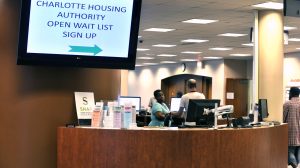
Charlotte and Mecklenburg County are still facing a large gap between the supply of affordable housing and the number of residents who need it, as inreasing rents and a tight housing market are squeezing more families’ budgets and putting them at risk of housing instability, evicion and homelessness. Those are some of the key findings […]
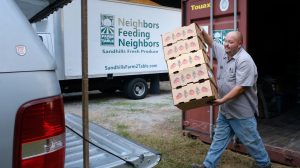
To better understand commuters in the Carolinas Urban-Rural Connection region down to the individual level, we studied anonymized cell phone tracking data at select employment locations, seeking to determine how commuter connections differ between types of business districts and types of firms. By mapping the residential location of workers at a broad range of employment […]

To move up the ladder of opportunity, there’s generally consensus that people need jobs that pay a living wage, where they can grow their earnings over time. But what’s the best way to get workers, especially low-income workers with barriers such as low educational attainment, connected to those jobs? That’s the focus of the ReCONNECT […]
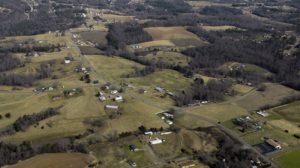
The city of Charlotte has a long reach. While this is certainly not a surprise, we don’t really know much about how Charlotte influences its surroundings and how far this reach extends. We do have some conventions to help us understand the extent to which our region is connected. Metropolitan areas are commonly used to […]

While Duke was building the world’s largest electrical network in the Western Piedmont, some Charlotte mill owners recognized that more money could be made loaning money to aspiring industrialists than making cloth themselves.
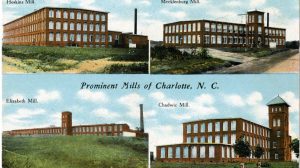
From an agrarian system to an economy based on rural mills and factories drawing workers from former farms and sending goods to Charlotte for distribution, the region undergoes rapid change.
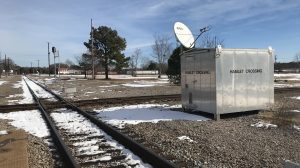
A growing web of infrastructure and physical connections – both within the wider region and between the region and the outside world – has had a profound effect on where growth went, and where it stayed away from. People and industries in the Carolinas Urban-Rural Connection study area followed trading paths, railroads, highways and, now, air service.

Almost one in six Mecklenburg residents were born outside the U.S., and immigrants make an outsized contribution to the local economy and many key industries. That’s according to a new study examining the economic impact of immigration in the “Gateways for Growth” series. Conducted by the pro-immigration think tank New American Economy, in partnership with […]